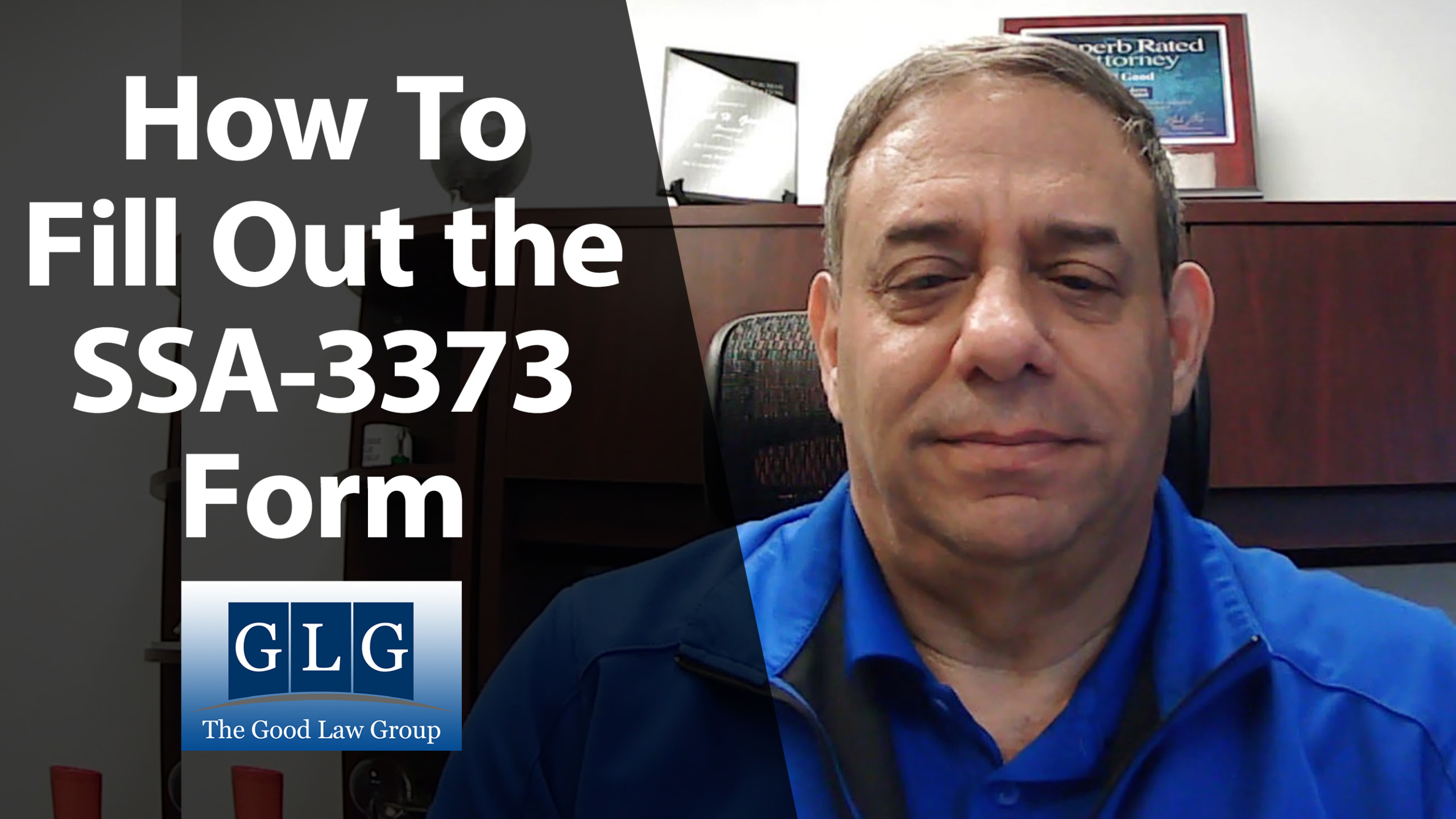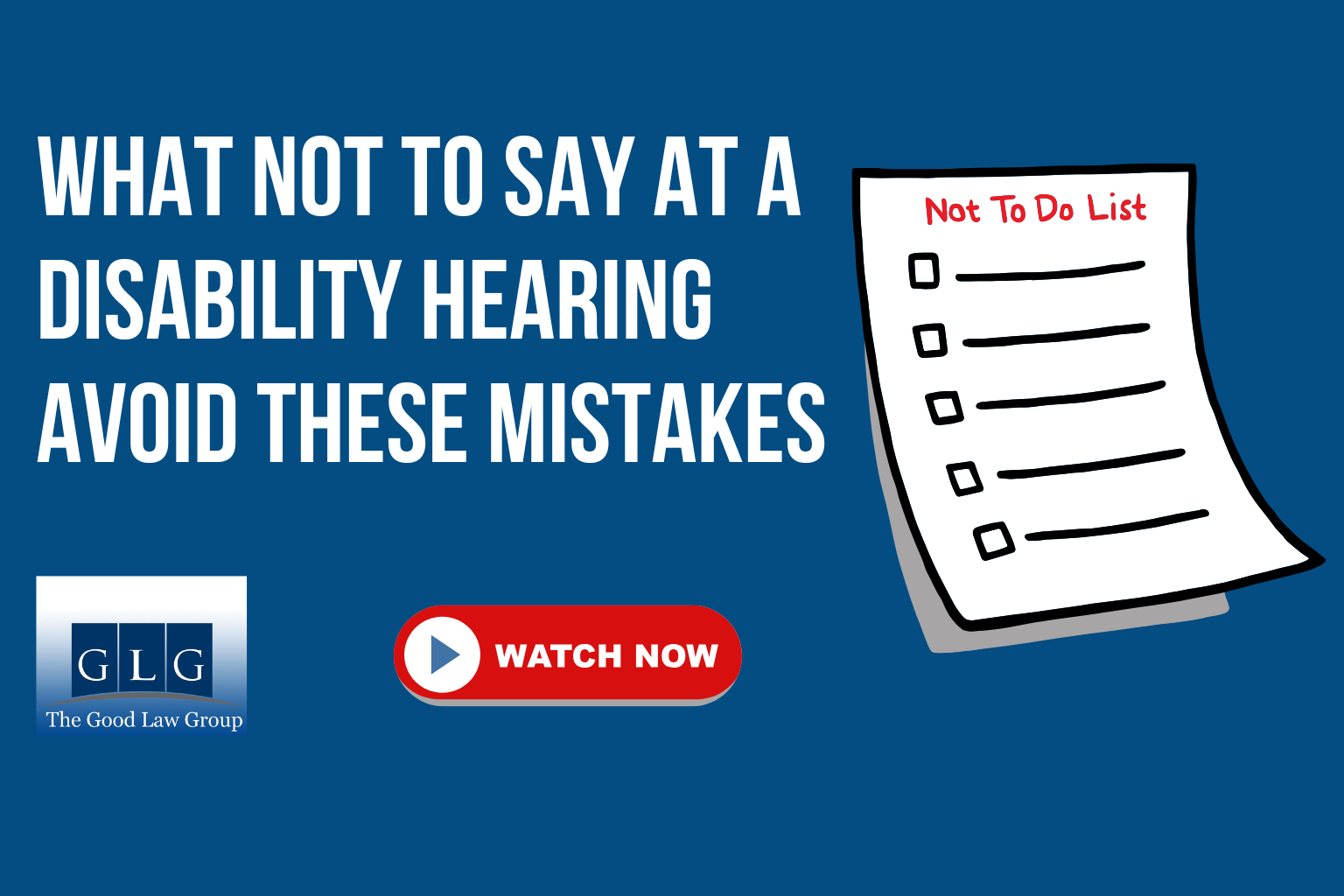Hernia surgery is incredibly common, with an average of one million Americans undergoing hernia repair each year. The surgery involves pushing the hernia sac back into the abdomen and using either stitches or a synthetic mesh to strengthen the abdominal wall and prevent recurrence of the hernia.
Unfortunately, injuries from hernia mesh surgery are also common – 1 out of every 3 people who undergo hernia mesh repair experience chronic pain or other complications following the surgery. These complications may include:
- Adhesion;
- Abdominal pain;
- Bowel obstruction;
- Perforation of organs or tissue, or;
- Pain in the groin and/or testicles
Many of the hernia mesh implants on the market have been recalled by the Food and Drug Administration for being defective, or are under investigation for potentially being unsafe due to defects. These include:
- Atrium Medical C-Qur
- Covidien Parietex, including Composite Parietex and ProGrip mesh systems
- C.R. Bard Ventralex ST implant
- Davol/C.R. Bard Kugel mesh
- Ethicon Physiomesh
- Gore Medical Gore-tex mesh
- Genzyme Biological Sepramesh systems
If you have undergone hernia surgery and experience chronic pain or other long-term complications from the hernia mesh, you may be entitled to compensation for your injuries. With more than 30 years of experience, our hernia mesh attorneys can help evaluate your case to determine whether you can recover financial compensation for your injuries.
The following is a basic guide to how we evaluate hernia mesh injury cases.
What is the legal basis for a hernia mesh lawsuit?
The first step in a hernia mesh injury evaluation is to determine if you sustained injuries due to the hernia surgery. Side effects, such as pain or infection, are common following any surgery and aren’t necessarily indicative of an injury that would support a lawsuit. For example, an infection that cleared up after a round of antibiotics with no other complications would likely not entitle you to compensation. An infection that required additional surgery or hospitalization, however, might.
There are two legal theories under which you may potentially recover in a hernia mesh lawsuit. These are negligence and strict liability.
Negligence occurs when someone owes a duty of care and then breaches that duty. To recover under a negligence claim, you must prove not only that you were owed a duty of care that was breached, but that the breach was the direct and proximate cause of your injuries.
Physicians, for example, have a duty to treat their patients as a reasonable physician would; if they act outside that standard, then they will be considered to have breached that duty. Examples may include leaving surgical tools inside the body or failing to discuss with you the potential side effects or risks of undergoing a particular medical procedure or using a particular product.
Manufacturers can also owe a duty of care to people who use their products. In fact, not only can manufacturers have a duty, but potentially anybody involved in the design, distribution, or marketing of a product.
Strict liability cases, on the other hand, do not require a standard of care. Instead, you must prove only that the product was defective, and that this defect caused your injuries. Depending on the circumstances, it is possible to have both negligence and strict liability claims.
Are you entitled to monetary compensation?
After determining whether you suffered physical injury due to either the hernia surgery or the use of the hernia mesh, the next step is determining whether you are entitled to monetary damages. There are two types of damages you may be entitled to recover – economic and non-economic damages. Depending on your circumstances, you may be one or both of these forms of damages.
To learn more about the damages you may receive from a hernia mesh lawsuit, watch this short video.
Economic damages are those that have a concrete value attached to them. These include things like:
- Medical bills not covered by health insurance;
- Past and future lost wages if the injuries prevented you from working, and;
- Future lost earning capacity, which measures how much you could have earned in the future, had the injury not prevented you from continuing to work and progressing in your field. For example, if your injuries prevented you from continuing your work as an apprentice electrician, future lost earning capacity would include future income you could have earned if you’d graduated from the apprenticeship program and become a journeyman electrician.
Non-economic damages do not have a concrete monetary value attached to them and are therefore more subjective. It will be up to the judge or jury to determine the amount of non-economic damages you may be entitled to recover. These may include damages for:
- Pain and suffering;
- Loss of consortium;
- Loss of enjoyment of life;
- Mental anguish, or;
- Permanent disabilities, impairment, or disfigurement.
How Hernia Mesh Cases are Settled?
Most hernia mesh cases are part of a multidistrict litigation, or MDL. Bellwether trials help guide the court and give everyone a sense of what the future holds. They’re set up in a way where the plaintiff and defendant each pick three defendants and try the cases. Compensation is typically awarded to the plaintiff, but the amount varies. To learn more about how this process works, watch this short video.
What is the timeline for filing a hernia mesh injury lawsuit?
If you believe you were injured following hernia mesh surgery, it is important to contact an experienced hernia mesh attorney right away. The statute of limitations imposes a strict deadline that dictates how long you have to file your lawsuit. In both Illinois and Indiana, the statute of limitations for personal injury cases such as negligence is two years.
Typically, the statute of limitations begins to run the date the injury occurred, which in most cases would be the date of surgery. So, if you underwent hernia mesh surgery on August 18, 2019, you would have until August 18, 2021, to file your negligence or strict liability claim.
However, there are exceptions. For example, assume that six months after your hernia repair surgery, you discover that the mesh failed and undergo a second surgery to repair the hernia. In this case, the statute of limitations doesn’t begin to run until February 12, 2020, which is the date you discovered the defect and resulting injury.
If you believe you were injured due to a hernia mesh implant, call our firm at (847) 557-4476 to schedule a free consultation. If we accept your case, you will pay no costs or fees unless we reach a settlement or you are awarded compensation following trial.









